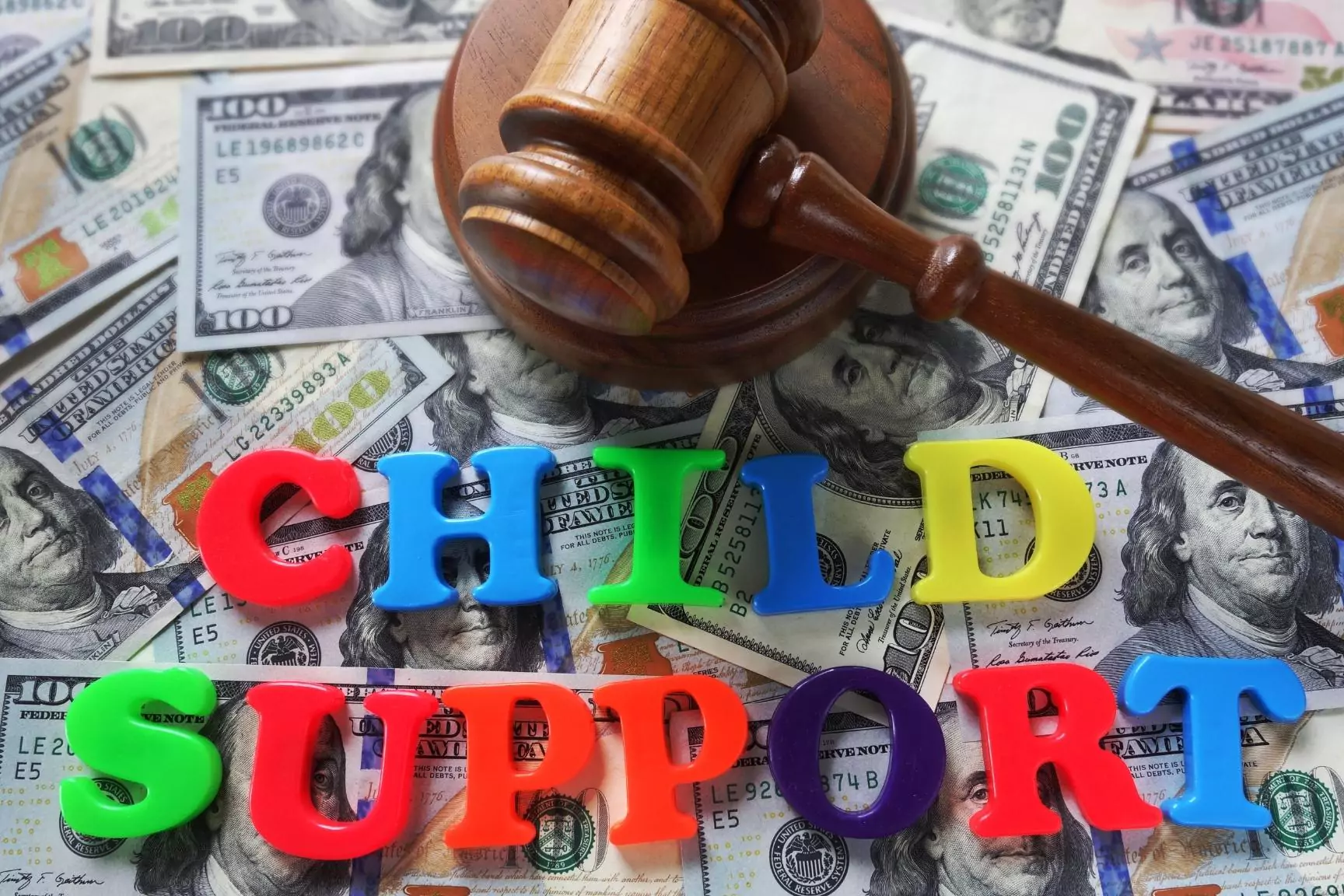Did you know that the average cost of child support in the United States per month is $430?
In cases that involve family law, the Colorado court system will determine how much each parent is obligated to pay and contribute towards the expenses of living for their children.
Are you interested in learning about child support laws in Denver?
We have created this quick guide to help you get a better understanding. Keep reading to learn more!

What Is Child Support?
Child support is a type of financial payment taken from the parent who has fewer overnights with the children and is paid to the parent who has more overnights.
Child support payments are used to support the upbringing of the child financially.
What Are the Factors That Go Into Deciding Child Support?
In the state of Colorado, the courts use an income share model to determine how much of a child support payment should be made.
The income shares model attempts to identify the amount of money that would have been spent on the child if the parents had stayed married.
The factors that go into determining the amount of child support that will be paid by the parent that does not have custody include:
- Any financial resources that the child has
- The incomes of both parents
- The emotional and physical condition of the child
- The needs of the child
- The standard of living that the child had while both parents were married
Once the courts identify the “basic support obligation,” it is shared by the parents.
When Do Child Support Payments End?
You can expect to stop paying child support payments when the child turns 19.
The other time you can expect to stop paying child support payments is if the child is emancipated from both parents. Emancipation can occur if the child gets married or joins the military.
There are situations when child support extends beyond the date of majority.
Are Parents Able to Monitor Child Support Payments?
Colorado law does not require a parent to prove how child support payments are used.
Child support does not necessarily cover any extracurricular or extraordinary expenses that may be incurred for your children, such as school expenses, after-school activity expenses, any uninsured medical expenses, vehicle expenses, or insurance expenses.
Since child support payments in the state of Colorado reflect the needs of the child, such as shelter, food, and clothing, you cannot monitor the use of child support payments.
Understanding Child Support Laws in Denver
By having a solid understanding of child support laws in the state of Colorado, you can find a family law attorney who will fight for the financial and emotional well-being of your family.
Are you interested in hiring a Denver child support lawyer that will fight for your rights?
Contact our law firm today so that we can help you develop the best solution for your situation.



